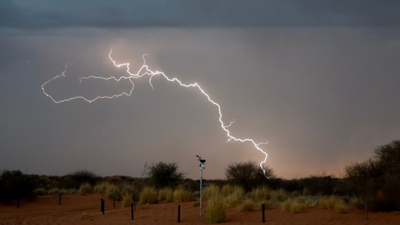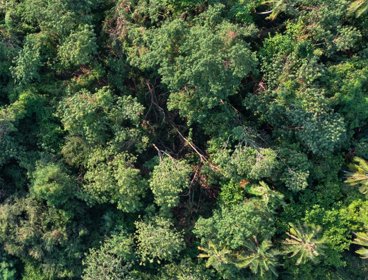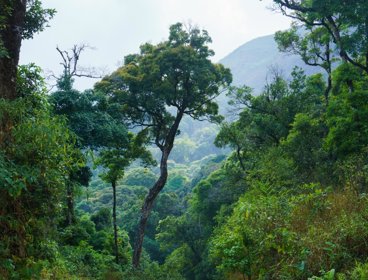Africa is the continent least responsible for anthropogenic climate change but is highly vulnerable to its effects. With many African countries already experiencing severe droughts, floods or heat stress, scientists are racing to understand how future warming will affect the continent.
A key impediment for scientists seeking to understand climate change is the lack of observations. Compared to other continents, especially in Europe or North America, in situ observations of important climate processes are rare over large parts of the Africa. These data gaps limit the progress that can be made in understanding the past, present and future of Africa climate.
With stories from Kenya, Zambia, and South Africa, this lecture discusses how new sources of observations from fieldwork have led to unexpected insights into African climate change. In keeping with the theme of exploration, we emphasise the value of field observation in an age of simulation.
About the speaker
Callum is climate scientist at School of Geography and the Environment, University of Oxford. His research focuses on African climate and climate change.



